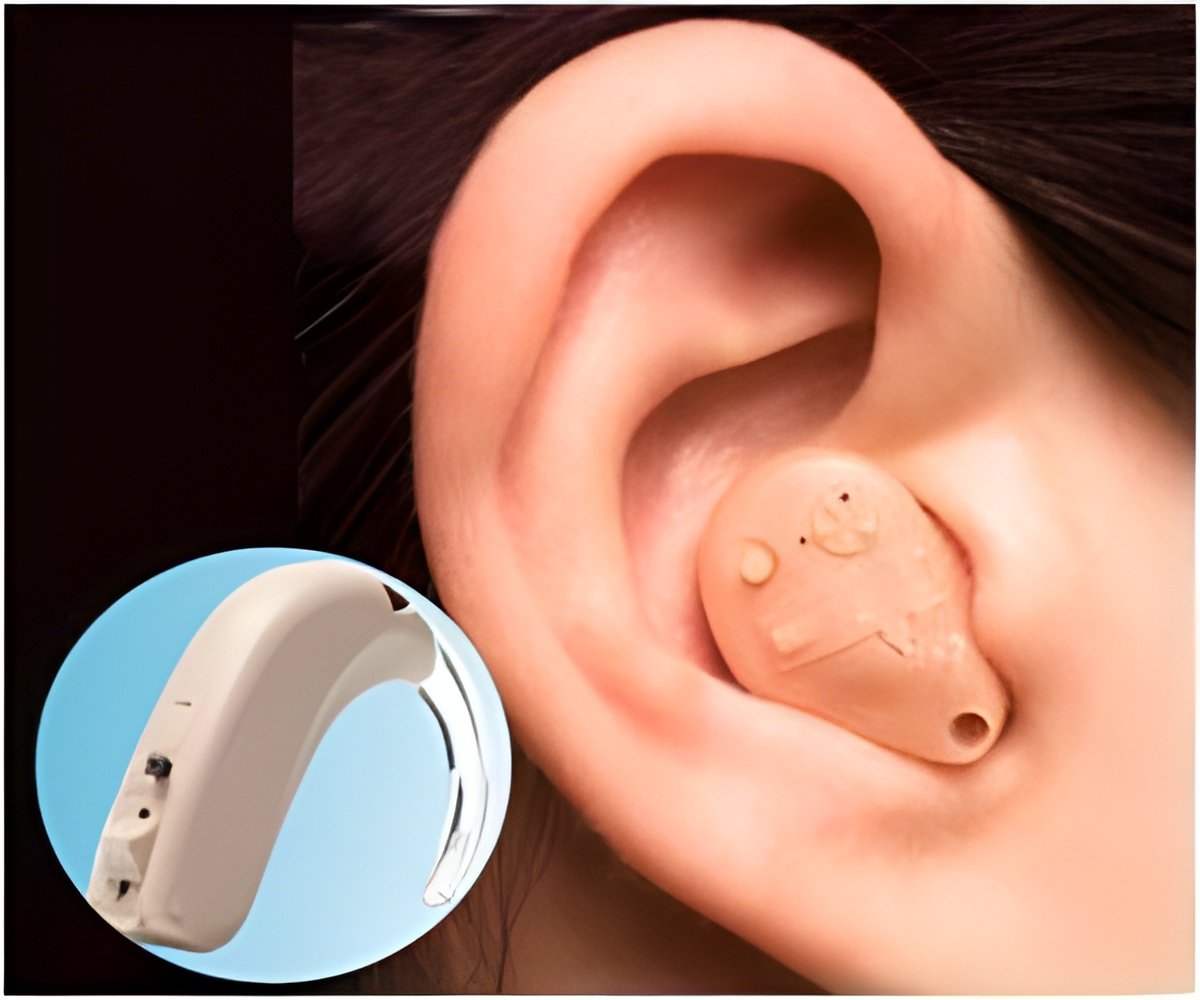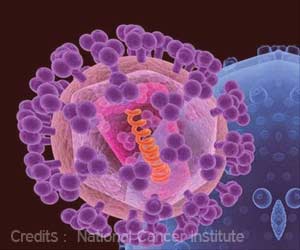Many deaf people living with HIV (DPLWH) are not literate and have difficulty in accessing reliable HIV and other health resources online, as the internet navigation requires written language skills.

‘Many deaf people living with HIV (DPLWH) are not literate and have difficulty in accessing reliable HIV and other health resources online, as the internet navigation requires written language skills.’





Three DPLWH aged 55 years and older participated in the focus group; four deaf caregivers and community organizers also participated. The focus group was video recorded from several angles to capture all participants’ facial expressions, gestures, and hand movements to translate American Sign Language, or ASL, to English.
“Research shows older people living with HIV face high rates of comorbidities and geriatric syndromes,” said Brandon Brown, an associate professor in the School of Medicine who led the research. “They experience accelerated aging and difficulties with activities of daily living. Deaf persons, as a group, have largely been overlooked in most research. Far less is known about the challenges of aging as a DPLWH.”
Brown’s team found that health care access issues — including communication barriers, cultural incompetency, and poor health literacy — were important issues for the aging DPLWH community. Further, participants listed partner support, diet, medication adherence, meditation, exercise, art, and seeking help as key resiliency factors for successful aging.
“Deaf individuals face overwhelming barriers to accessing HIV and other health information and services,” Brown said.
Advertisement
A community organizer explained that “when someone has access to culture and language, they are better equipped for self-care … the person is also able to seek out different services, and demand access … that often leads the person with HIV to live longer.”
Advertisement
Participants also stressed that many deaf people have difficulty accessing reliable HIV and other health resources online because internet navigation requires written language skills. They expressed a need for a central online resource for credible health and mental health information in ASL to support aging DPLWH.
“Our focus group showed being deaf may have a greater impact on individual well-being than the ailments associated with aging with HIV,” Brown said.
“Health care facilities may want to consider employing or adopting deaf peer educator programs. Communication barriers, including a lack of ASL resources and poor health literacy, are important issues for the aging DPLWH community — a population that depends on medical services to manage comorbidities from aging and chronic HIV.”
The focus group, which met just one day, was part of a larger study funded by the Patient-Centered Outcomes Research Institute. It was limited to a single focus group of predominantly white and college-educated older DPLWH, their caregivers, and community organizers living in Palm Springs.
“In future research, we hope to better understand experiences of aging with HIV while deaf among diverse subpopulations,” Brown said.
“We need to include people who are deaf or hard of hearing from all ethnicities in research to understand their health concerns and their needs. Simply by working closely with deaf persons in research, I understood far better the challenges the DPLWH community faces. Without such interaction, it is hard to grasp what difficulties this group faces daily.”
Brown was joined in the study by Dr. Michelle Didero and Alejandra Cabral at UCLA; Andrea N. Polonijo at UC Merced; and Poorna Kushalnagar at Gallaudet University in Washington, DC.
The research paper, published in the Journal of the Association of Nurses in AIDS Care, is titled “Challenges of Being Deaf and Aging With HIV: Focus Group Findings from Palm Springs, California.”
Source-Eurekalert













